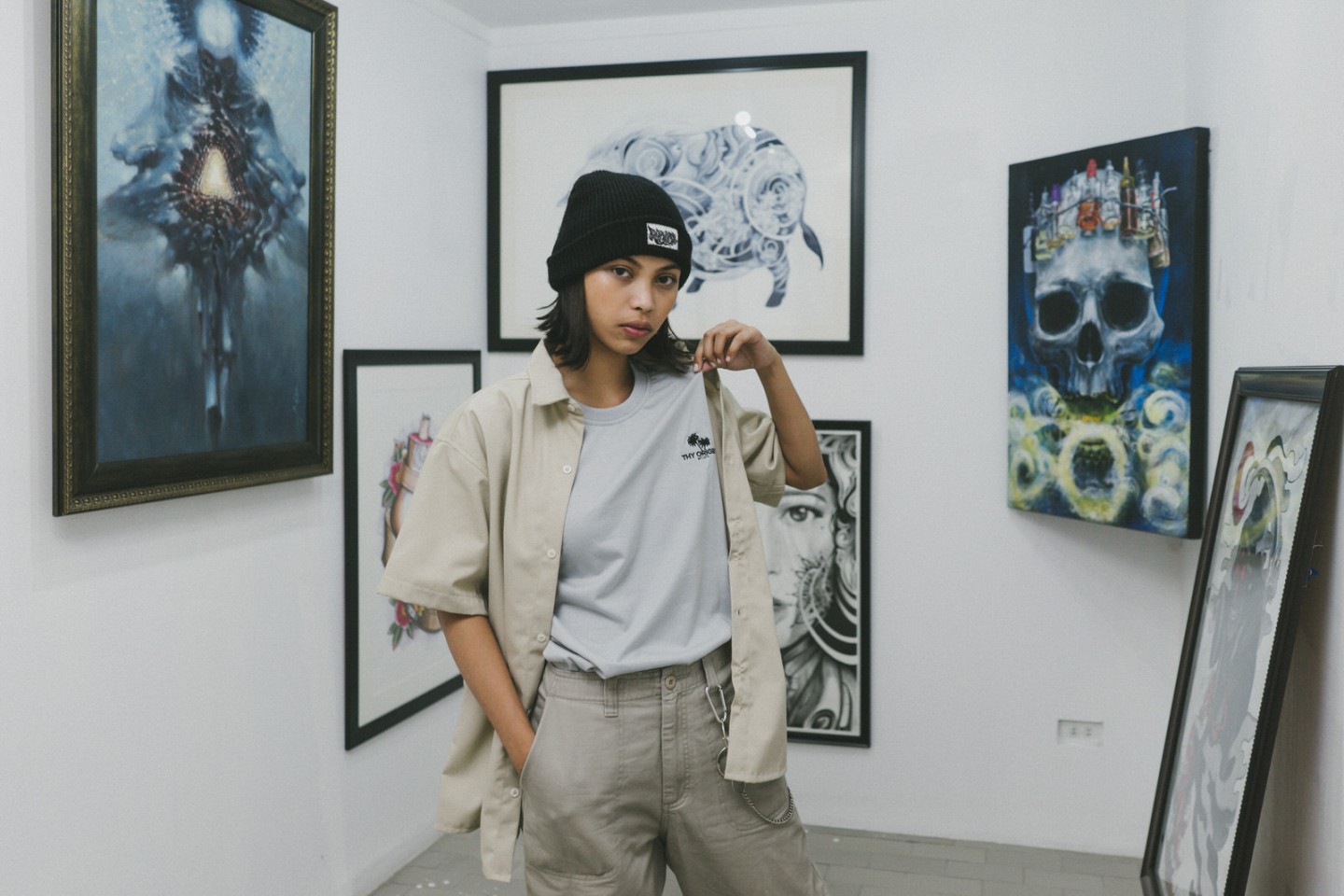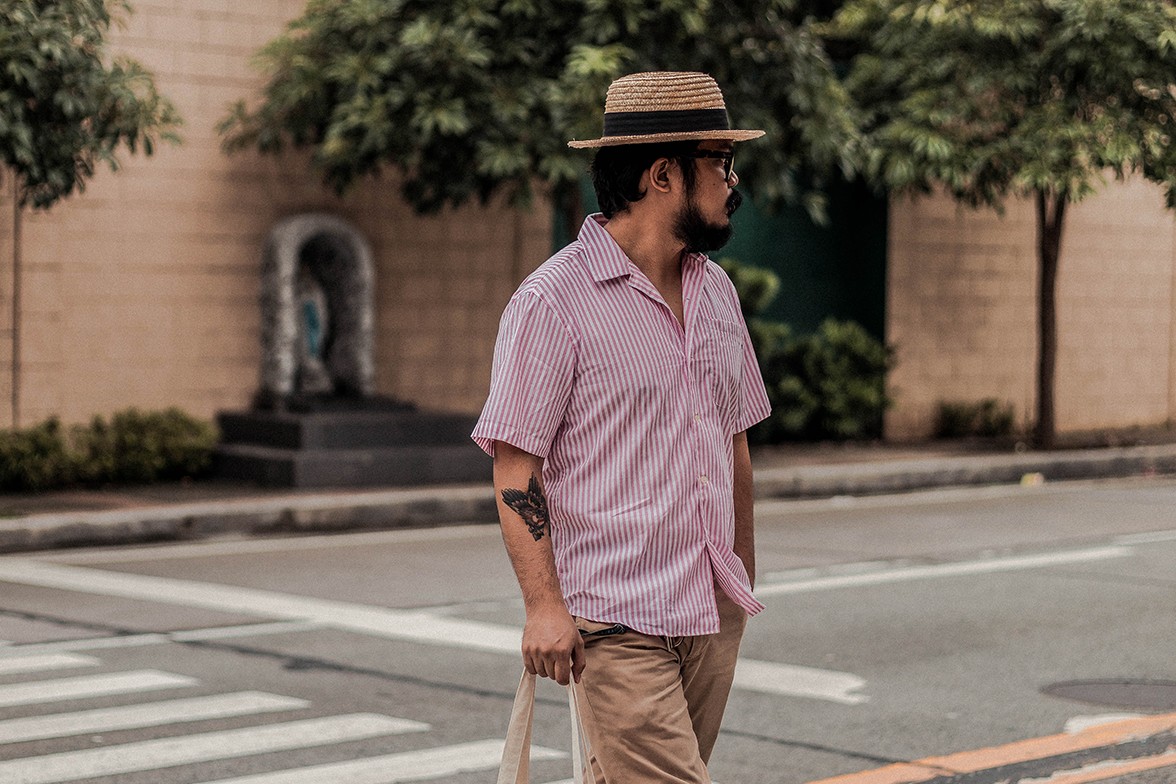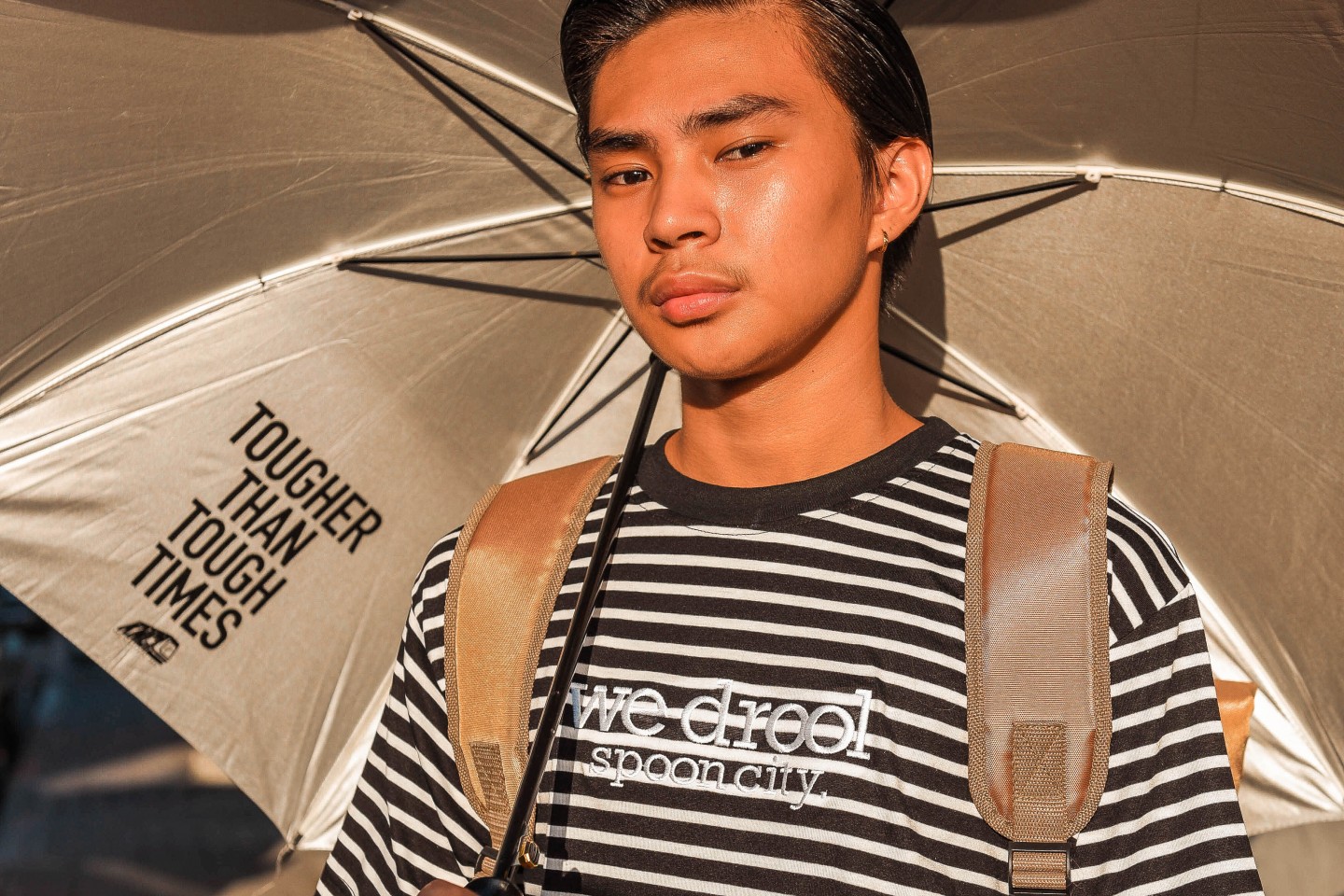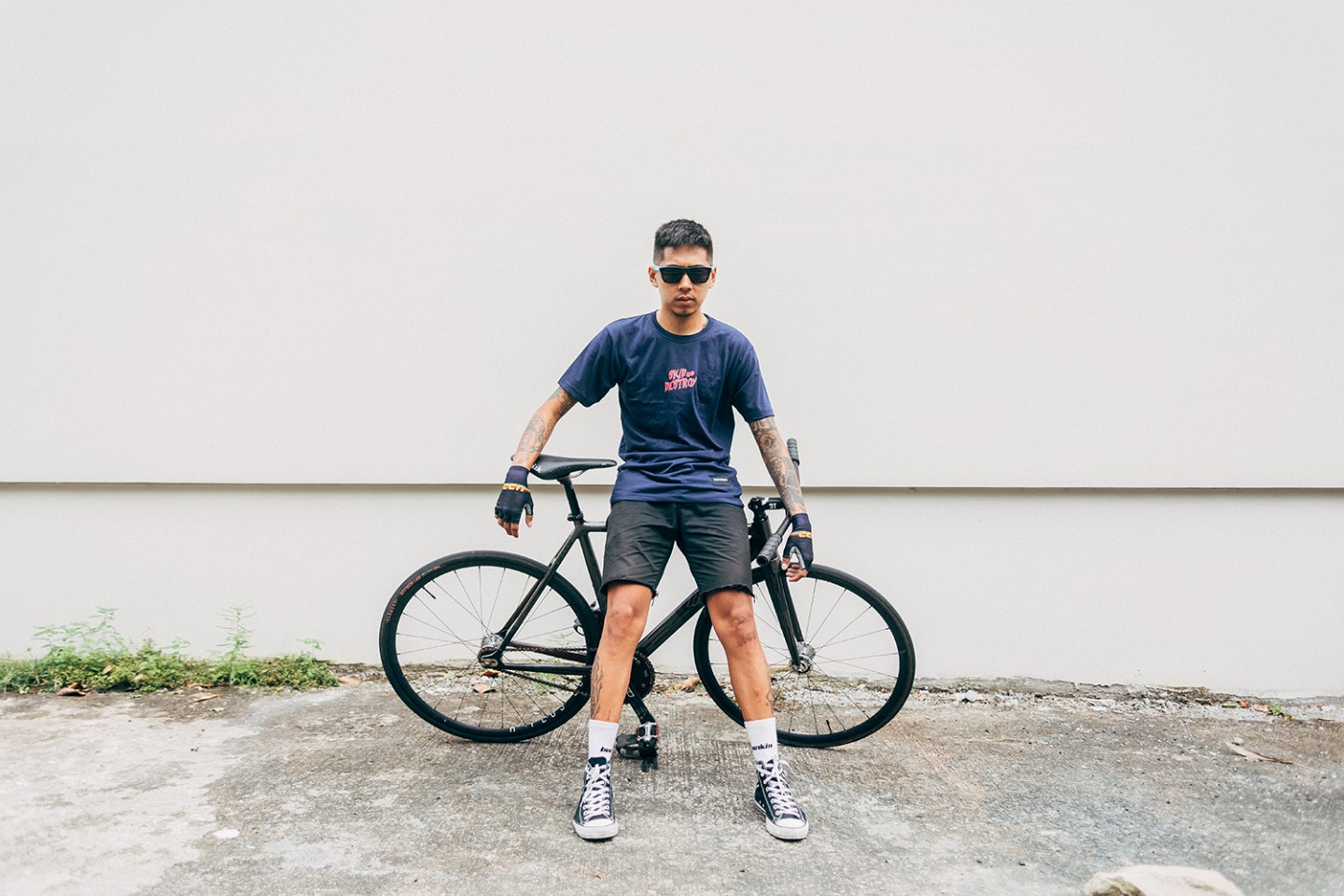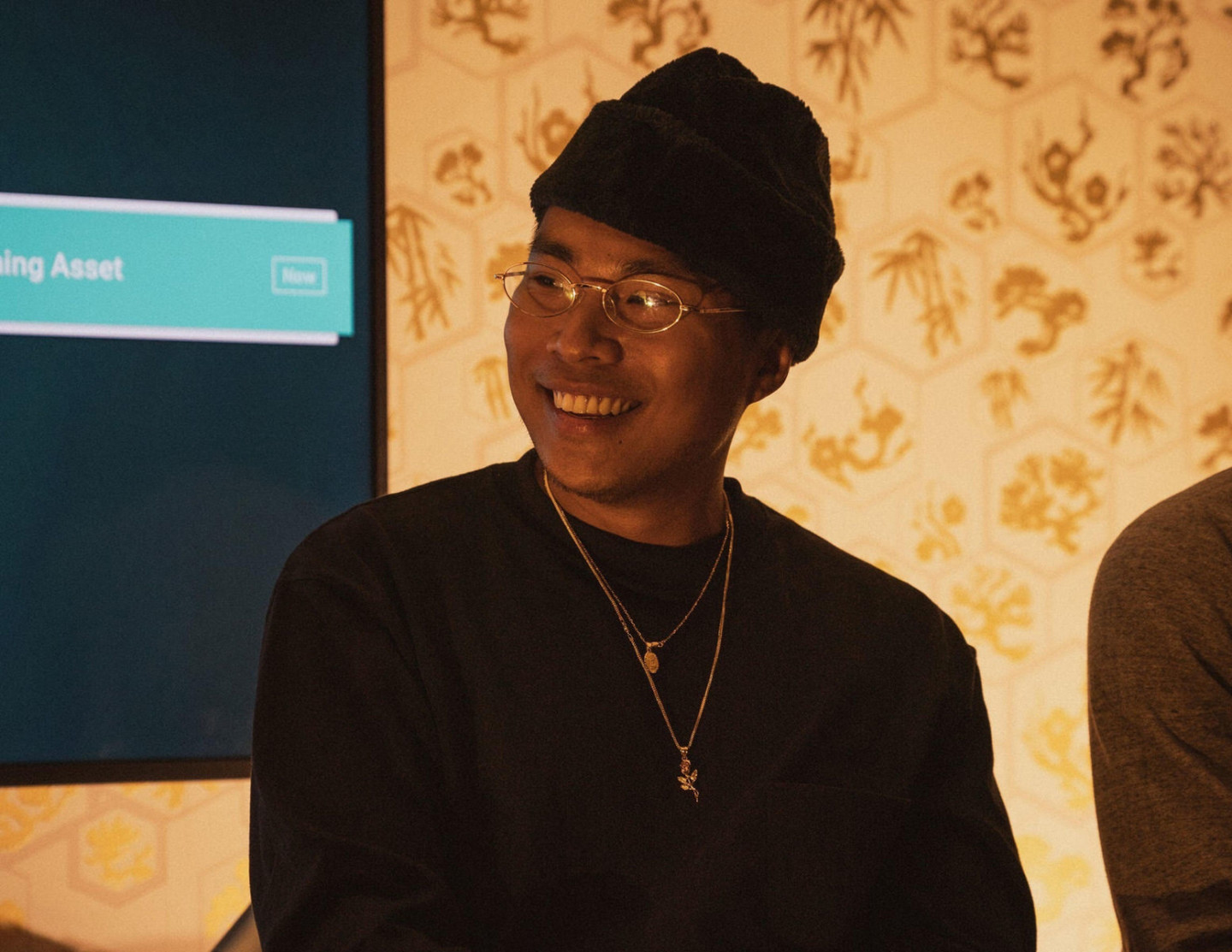
Not too long ago, the landscape of music marketing was so different to what it is now. Back then, aspiring and established musicians alike relied on a handful of mechanisms to reach a wider audience: sending press kits to media and their mixtapes to radio DJs, music executives, and journalists to hopefully get a big break and gain some traction.
However, the times have completely changed that. When musicians were once dependent on catching the eyes and ears of media and music industry leaders, they are now more empowered. Thanks to the Internet, social media, and technology, they now have more opportunities to reach a wider audience—far beyond their city and even their country. In fact, several musicians have already gained fame and recognition through social media before even landing a record deal.
While it is definitely easier for musicians to start on their own these days, the openness and accessibility of social media makes the landscape very competitive too. With all the content one sees on the daily, how does a musician then make one stop mindlessly scrolling and give them the time of the day? Enter music marketing in the time of digital.
We had the opportunity to sit down with John Vincent Salcedo, the Vice President of Digital Marketing at Columbia Records, one of the biggest American record labels owned by Sony Music Entertainment. At 28 years old, he is one of the youngest and the only Filipino in the Board. He started his career with Sony in 2013 and since then has worked with some of the biggest names in the industry like Harry Styles, Lil Nas X, John Legend, Dominic Fike, just to name a few.
First of all, please tell us something about yourself.
Thanks for having me. I love what you guys do. I’ve been a follower for a minute. You’re important to Filipinos globally. Just wanted to say that before we get into it. I’m John Vincent Salcedo. I’m a VP for Columbia Records/Sony Music. I was born and partially raised in the Philippines, moved from Project 8, Quezon City to Pangasinan then to Muntinlupa, Alabang then finally to New Jersey right before I turned 11. I learned how to speak English from hip hop. That literally saved my life.
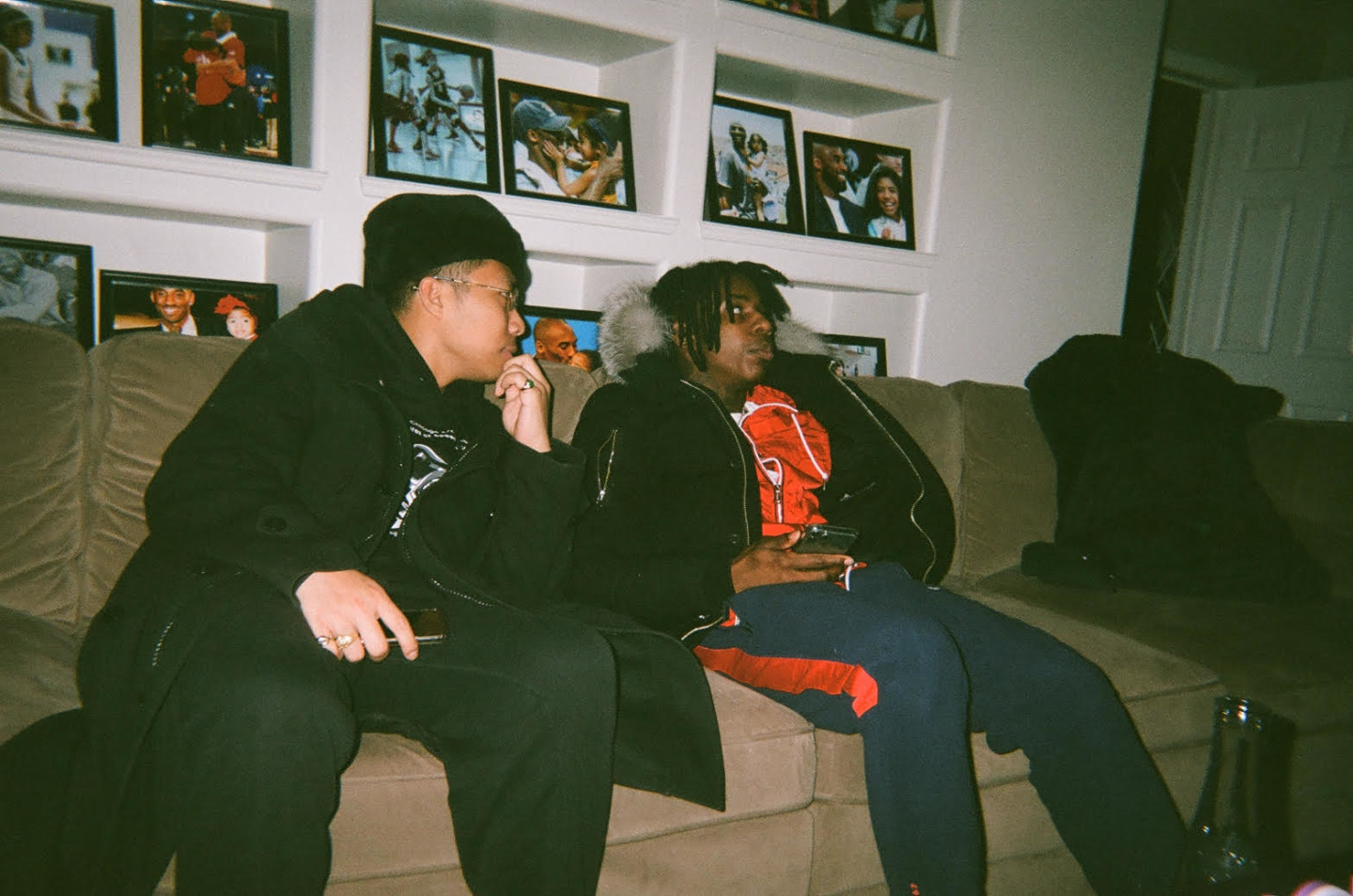
You’ve been in the industry for quite a while and started out as an artist who learned the ropes of promoting music on your own, what would you say is the biggest difference then and now?
It’s crazy. I feel like I’ve been in music my whole life. To the point that I’ve seen it evolve from one era to another. You know, the biggest difference is the development of the Internet and social media. That became the game changer. Because of it, there’s more ways to connect with fans now, there are more ways to showcase your talent if you’re an artist. The world also became smaller because of it. More artists, producers and creatives are out there collaborating. More talents are being discovered, more people are connecting to make music and more are learning the business side too because the information is so accessible. Everything just opened up more when the Internet started hitting high speeds and the social media generation really kicked off. It gave everyone a shot no matter who you are or where you are in the world.
Columbia Records has quite the repertoire of artists in different genres. How do you approach each project, band, or artist knowing that each one is so different?
At the end of the day, the artist and their vision always come first. I’m just a puzzle piece that’s part of the bigger picture that they see. My role is to be able to be a resource and help where I can. To answer your question, I’m meticulous with every artist that I’m blessed to work with. I listen to their music religiously. I involve myself in their fan communities and learn from them. I do my best to know not just the music but the artist and the person, so I can provide ideas and concepts that are in line with what they want and envision.
What’s your creative process like in coming up with fresh ideas to help and manage your artists?
I truly believe that ideas aren’t something that you can like sit down and think of. It doesn’t come in a meeting or a conference call. It just comes—sometimes at random moments. My creative process? I prepare and study a lot. I listen to the music. A lot. I do everything to understand what I’m working on, and for me to be able to do that I immerse myself in the music and the artist as much as possible. Everything usually clicks from there. Being prepared as well as knowledgeable is always the first and most important step. The next is research. I pay attention to the communities, I watch what’s going on, what people consider cool, or funny or annoying. I observe and understand how people are consuming music and content. I take all that and apply it across the board.
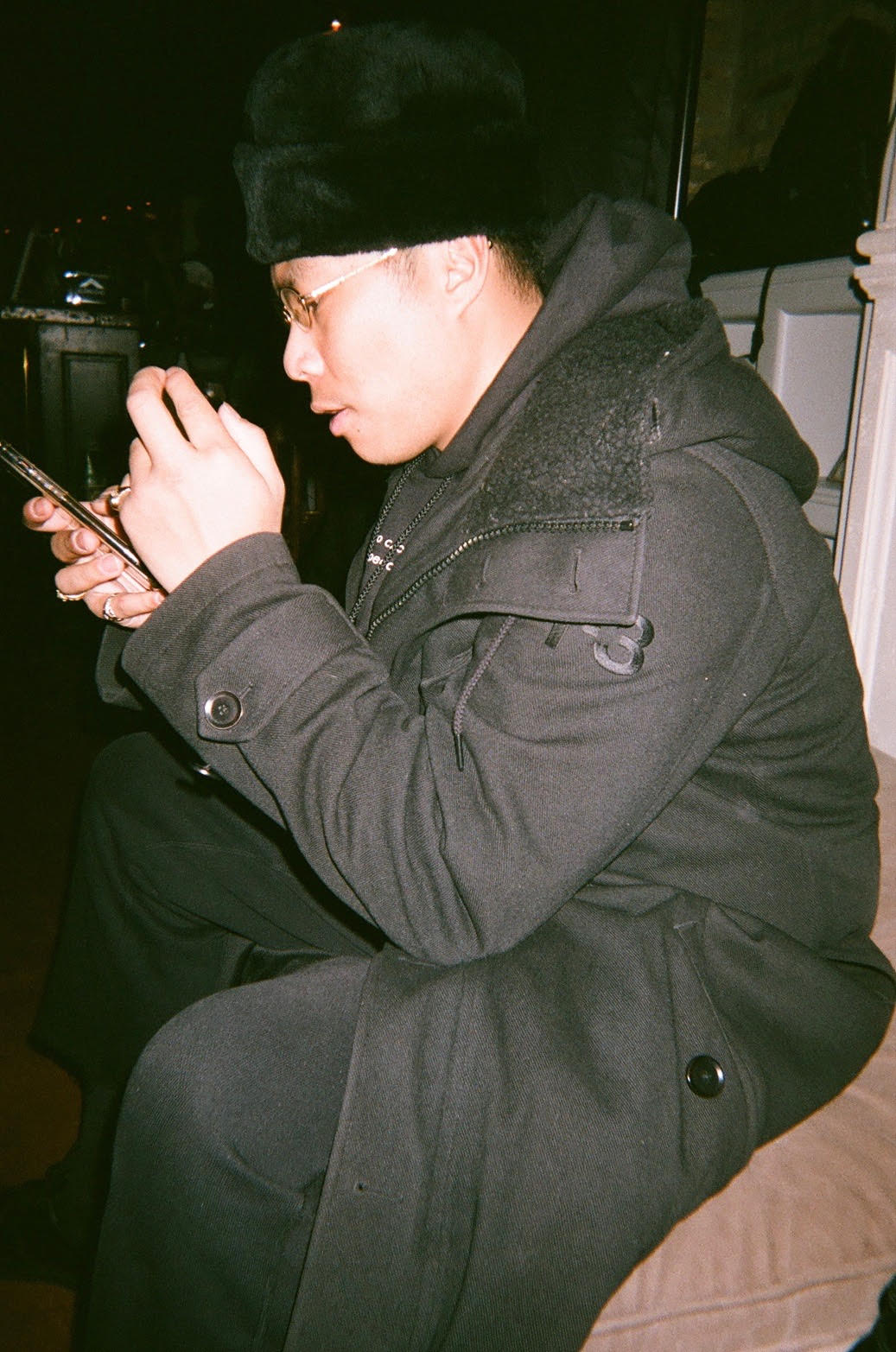
What are some of your most memorable projects? Can you tell us more about it?
There’s too many to count. That’s like picking your favorite child. I definitely have to kick off the list with Eroda and the release for Harry Styles’ Adore You and ‘Fine Line’ album. What we did with Eroda is special. It was such a team effort that took the fans through nearly a two-month long journey. That was a beautiful experience.
I can’t have a most memorable list without mentioning Lil Nas X and the Old Town Road run. History making, ground-breaking, all of that. That whole thing was a blur to be honest. I feel like I woke up one day and it was 19 weeks later, and the song’s been number one and never dropped off. Crazy. That was also my first ever Diamond plaque. It’s important for me to mention this too. Last but not the least, this era of hip hop for Columbia Records has been a dream. Working on Polo G, Lil Tjay, Fivio Foreign, Kid Laroi, it’s been great to see their stardom and talent rise for the world to see.
What you did for Harry Styles with Eroda—I am a big fan of the work, by the way—was so innovative, I’m really curious how you guys sat at a meeting and thought of that. What was the inspiration for pulling such a stunt?
When you’re surrounded by a super creative artist and a team that is passionate and cares, good things happen. That was inspired by the music, the music video, and the desire to do something special for a special artist.
There’s no doubt that the music industry has increasingly become global. Now, Billboard Charts are dominated not just by American artists, but by Spanish artists like Bad Bunny and even Korean artists like BTS, what’s your take on this? How has this increasing globalization of music affect the way you do things?
I love everything about it. Music is a way for us to understand others’ cultures, other experiences and emotions, no matter the language. It’s a way for us to connect. The Internet allowed us to discover artists that we couldn’t before and that’s important. It’s connecting people from one side of the world to the other, and they get to bond over their favorite artists. Everything about it is beautiful and I hope it continues even more in the future. We have to get some more Filipinos on the board soon!
I think globally in everything I do. I was in International Marketing for a few years, and that really trained me to think global. I make sure campaigns can work and is relatable to everyone in every corner of the world. Or at least we try to. At the same time, I pay attention and take note of what’s going on in every country to make sure I fully understand what’s happening on the ground level. I’m just more conscious that music isn’t in a bubble anymore. It’s open for everyone and being consumed by everyone. It’s necessary that I pay attention to every fan community no matter where they are in the world.
The rise and popularization of social media platforms like Twitter and TikTok can now significantly affect a song’s mainstream success (e.g. Doja Cat’s Say So, Megan Thee Stallion’s Savage, Cardi B’s WAP, Jawsh 685’s Savage Love, to name a few) what do you think is the role of these social media platforms in music’s digital marketing?
I truly see social media as just word of mouth on steroids. There’s nothing more powerful than word of mouth. Seeing your best friend post an artist you never heard of or seeing someone you trust post a song that’s brand new. Nothing is more influential than that. At the same time, I see social platforms as hubs for communities. It’s a way for people to connect and share ideas, thoughts, and opinions. It also allows us to see and discover at a scale that’s faster than before. They’re everything in today’s world, not just in music, but in every single thing. It’s the number one form of communication. It literally can introduce you to everyone in the world. When it comes to music, social media connects our artists to their communities and beyond and puts their talent front and center where people’s attention are.
With music being released at a faster pace more than ever, taking the helm at Columbia Records how do you make sure that you keep on innovating?
I’m part of a team that inspires us to always think uniquely and different from the rest. They don’t allow us to come in second. [laughs] All jokes aside. We pay attention to everything to see what’s being done and not being done. What trends are happening? What’s new in technology? What’s new, period. We find these opportunities and plug in. Plus it’s not hard to be innovative when you’re surrounded by groundbreaking art and artists. You always have to be on your A game.
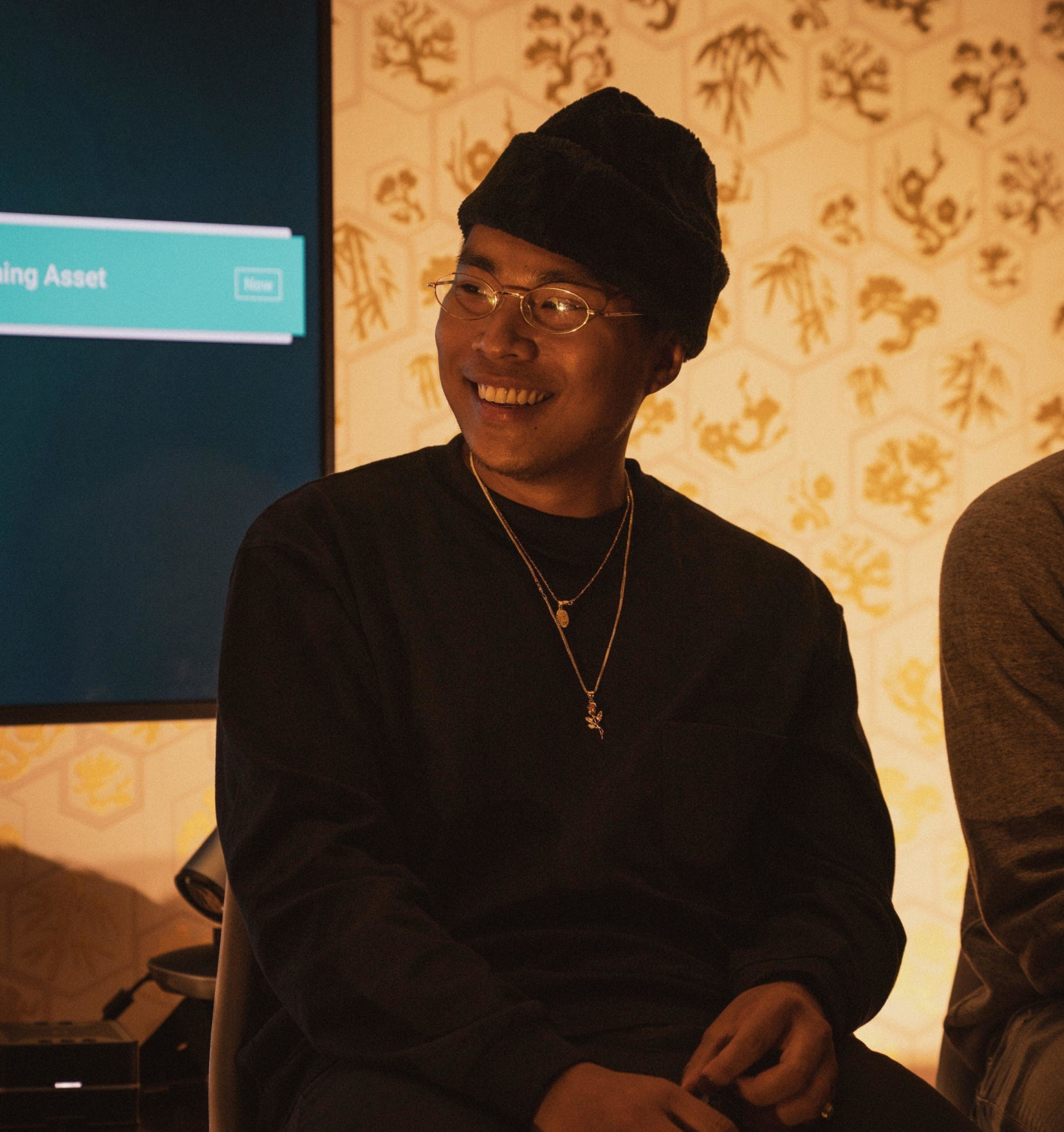
Some industries or genres should be marketed differently from the other, how do you say these genres differ? And what are the “standards” or “non-negotiables”?
Nothing is one size fits all. Every genre and the community behind it have their own personalities and definitions. They have their own set of style, taste, aesthetic, likes, dislikes, so on and so forth. Because of that, every approach must be specific and well thought of. You must speak in their language, so to say. In my opinion, having content to support the music and being present online are the non-negotiables.
How do you think is music marketing different from traditional marketing? In what sense is it the same?
Interesting question. I guess the main difference is really just the subject of what you’re marketing. We’re talking about art here, not a product. Music is art. There’s so much that goes into that. The marketing itself, the actual X’s and O’s? There are similarities and the fundamentals are pretty much in line. But the fact that you’re working on music and art and with creatives and artists completely differs it from everything else.
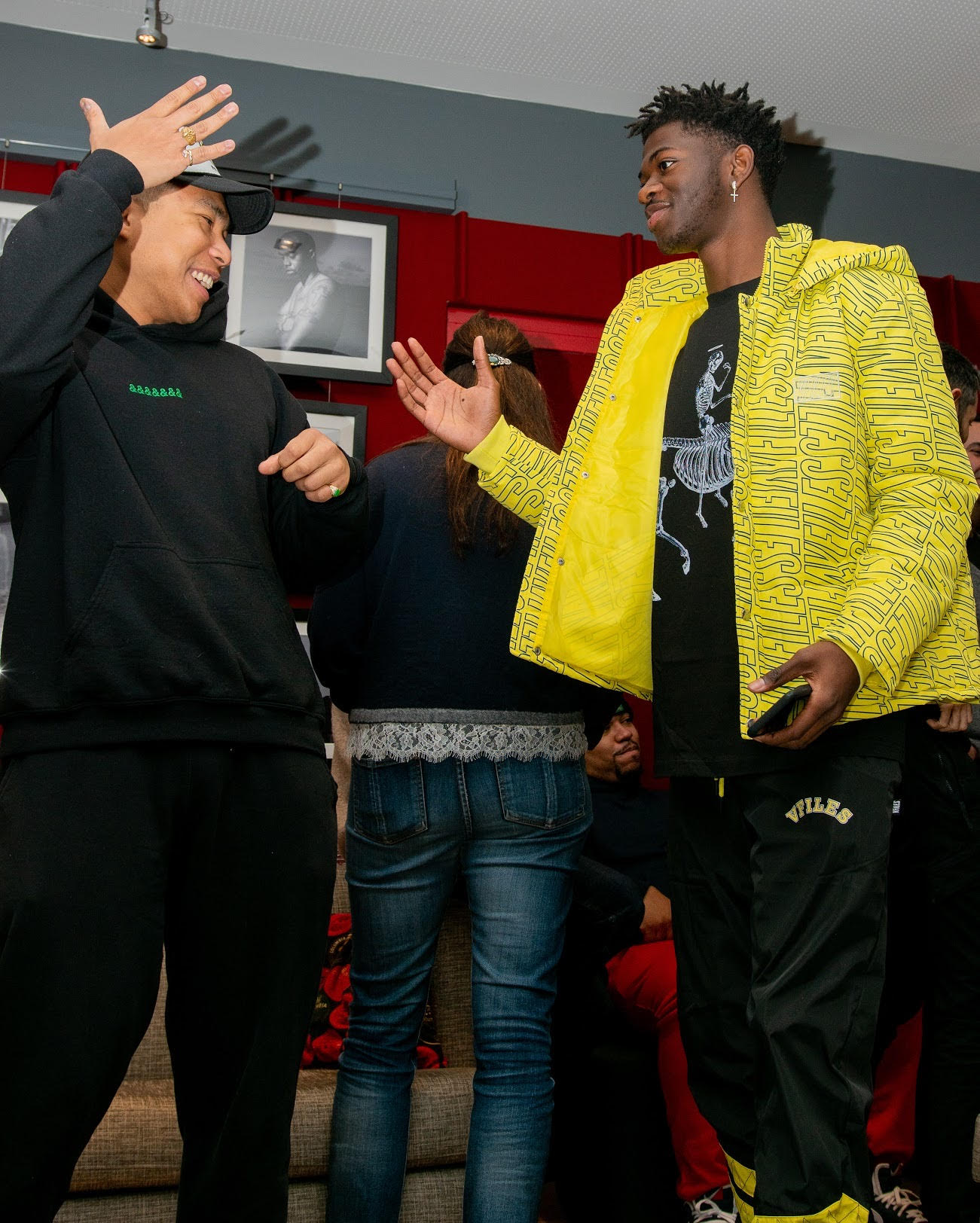
In relation to that, I guess marketing music and marketing an artist are not in silos, where do the two meet?
There’s nowhere for them to meet. It’s one in the same. I don’t go into this thinking, “How do I market the music or a song?” I go into this thinking, “How do I help the artist move forward into the next level of their career?”
What are the challenges that you are facing now as a digital marketer?
Everyone’s on the Internet. Seriously. It’s hard to hold attention and time when you’re going against politicians, influencers, brands, your aunt, your best friend in grade school, your favorite basketball player, your co-worker… I can keep going. You get the point.
How do you get past that? Since everyone is on the internet, and there’s so many insights that can be gathered, what’s your process on narrowing it down and choosing which one/s to anchor on?
Honestly, it’s taste and what you believe looks and sounds good, and what you think people will like. That’s not something that comes up through insights. You just have to go with what feels right and what your gut says.
The music industry has been heavily affected by the pandemic especially with tours which is a big factor for every artist/band, not being possible anymore, and I think as with anything, the pressure fell even more on the digital marketing people’s shoulders, how did you guys pivot?
We go where people are and we provide them with what they’re looking for. That’s really how we pivoted. We made sure our artists were present in the spaces they were paying attention to and watching/consuming.
What are the most important pointers/lessons you’ve learned across the years?
The artist always comes first. We’re here to assist and help an artist get their true vision out. We’re a guide, a resource, and a helping hand to make sure that the picture they’re seeing gets fully developed. If you walk in that way, with that as the center point and focus, everything else will come together.
What can you say for anyone who wants to work in music marketing or the music management industry?
Be someone that wants to help people. Be an artist helper. Truly and genuinely care about the music and the artist. It starts there. Lastly and most importantly, do it because you love and are passionate about it. A lot of this looks glamorous and cool, but there’s a real deep hustle and grind behind it. A lot of sleepless nights and missed meals with years behind it. You must love this for real. Enough that you’d do it for free.
Lastly, what’s next for you?
Personally, I’m trying to get my parents back home and secured back in the Philippines. They’ve done their duties here, and it’s time for them to live out their lives as one big vacation. Professionally, outside of continuing to grow with where I’m at now, I’m focused on getting Filipinos on the board both as execs and artists. I want to be a helping hand and bridge to make sure Filipino talent globally has a shot at being heard and seen.
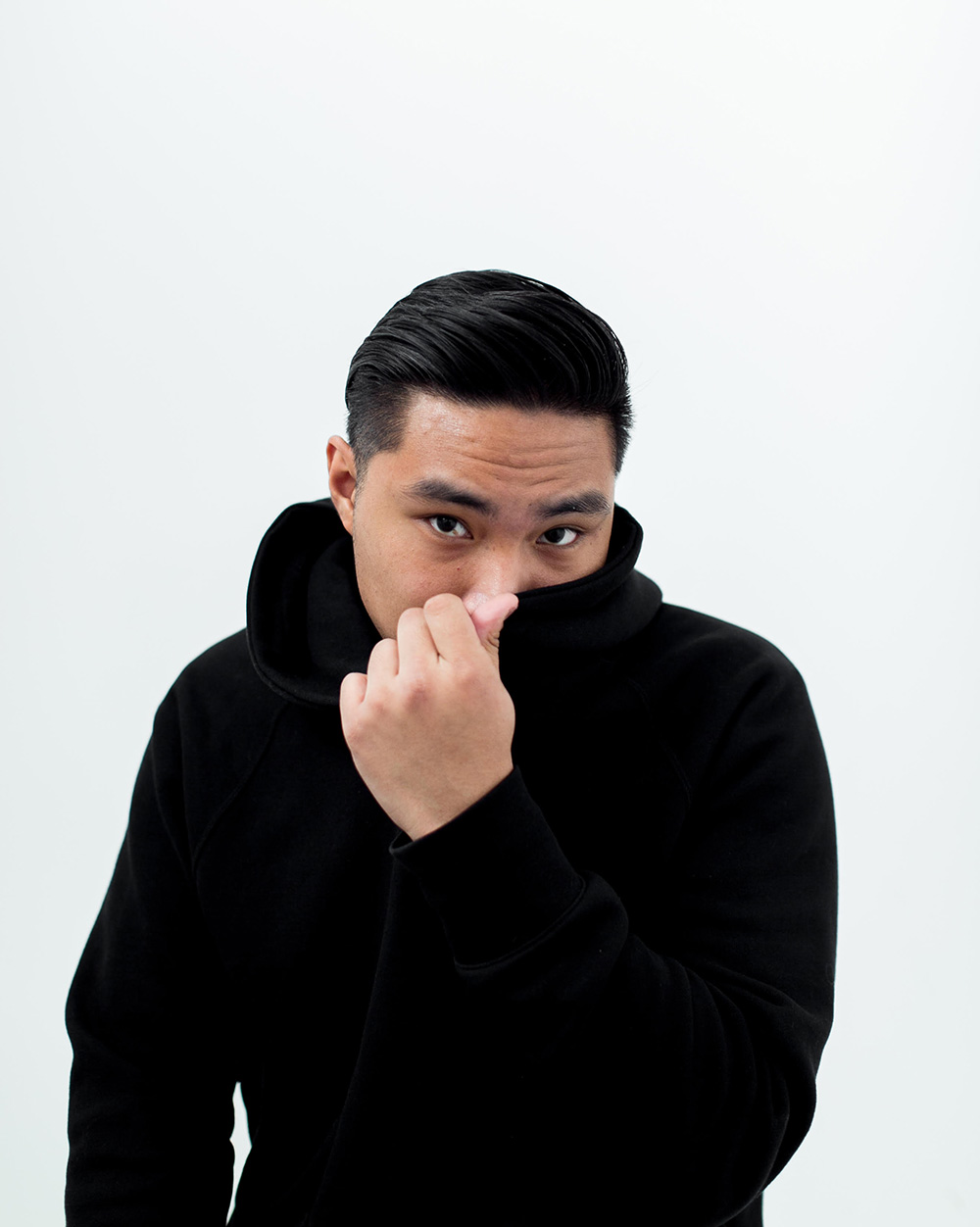
Images from John Vincent Salcedo
SUPPORT PURVEYR
If you like this story and would love to read more like it, we hope you can support us for as low as ₱50. This will help us continue what we do and feature more Filipinos who create. You can subscribe to the fund or send us a tip.

